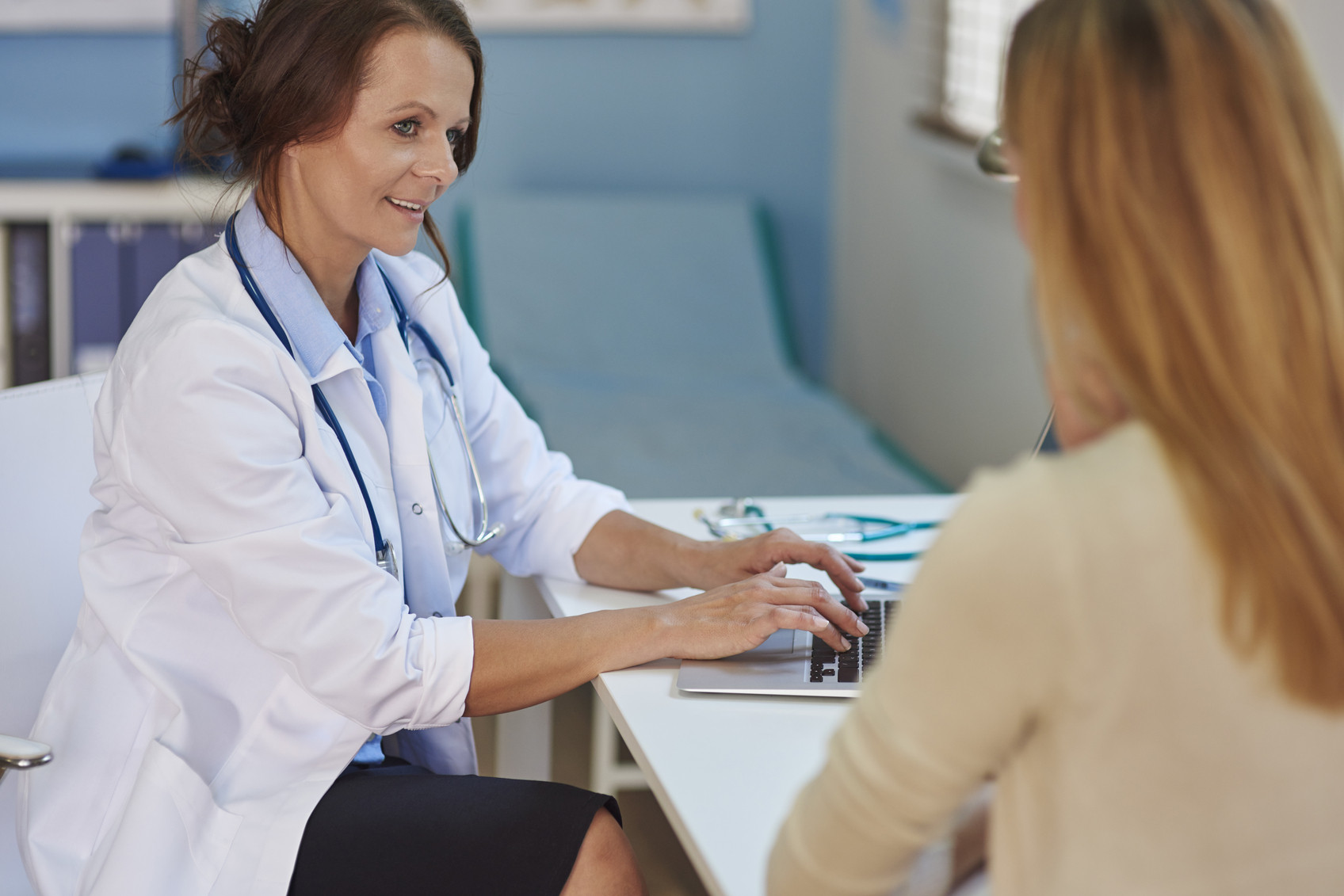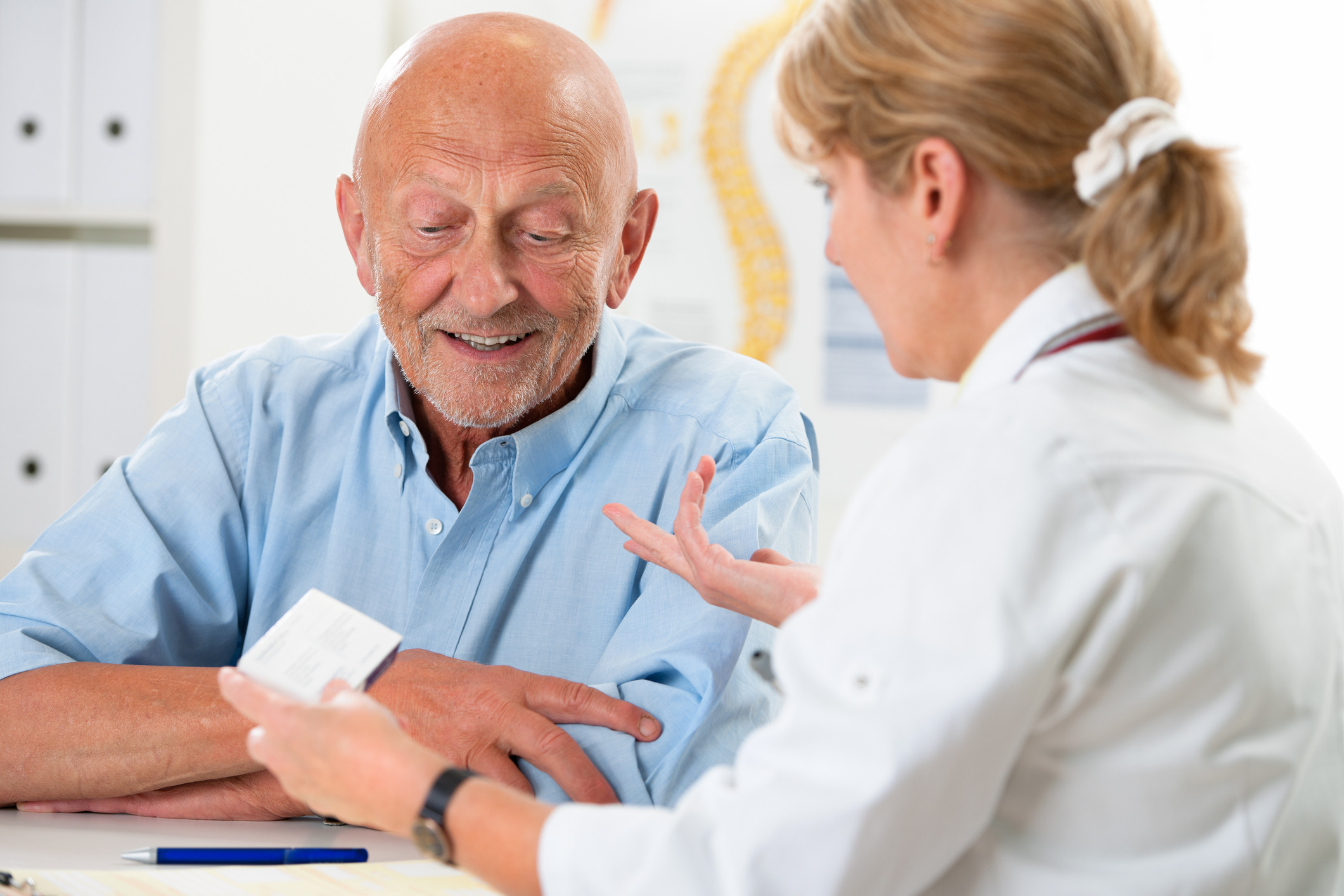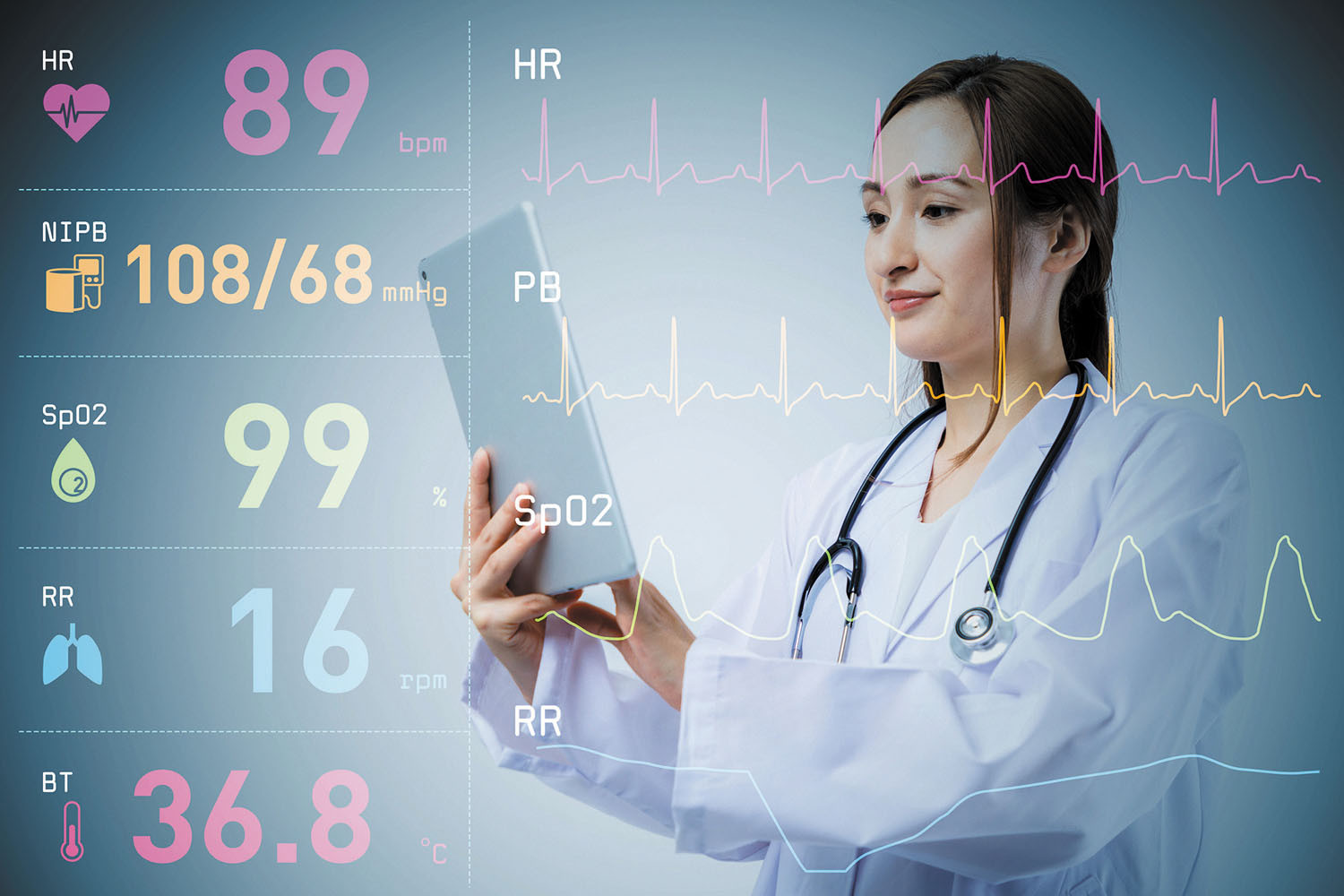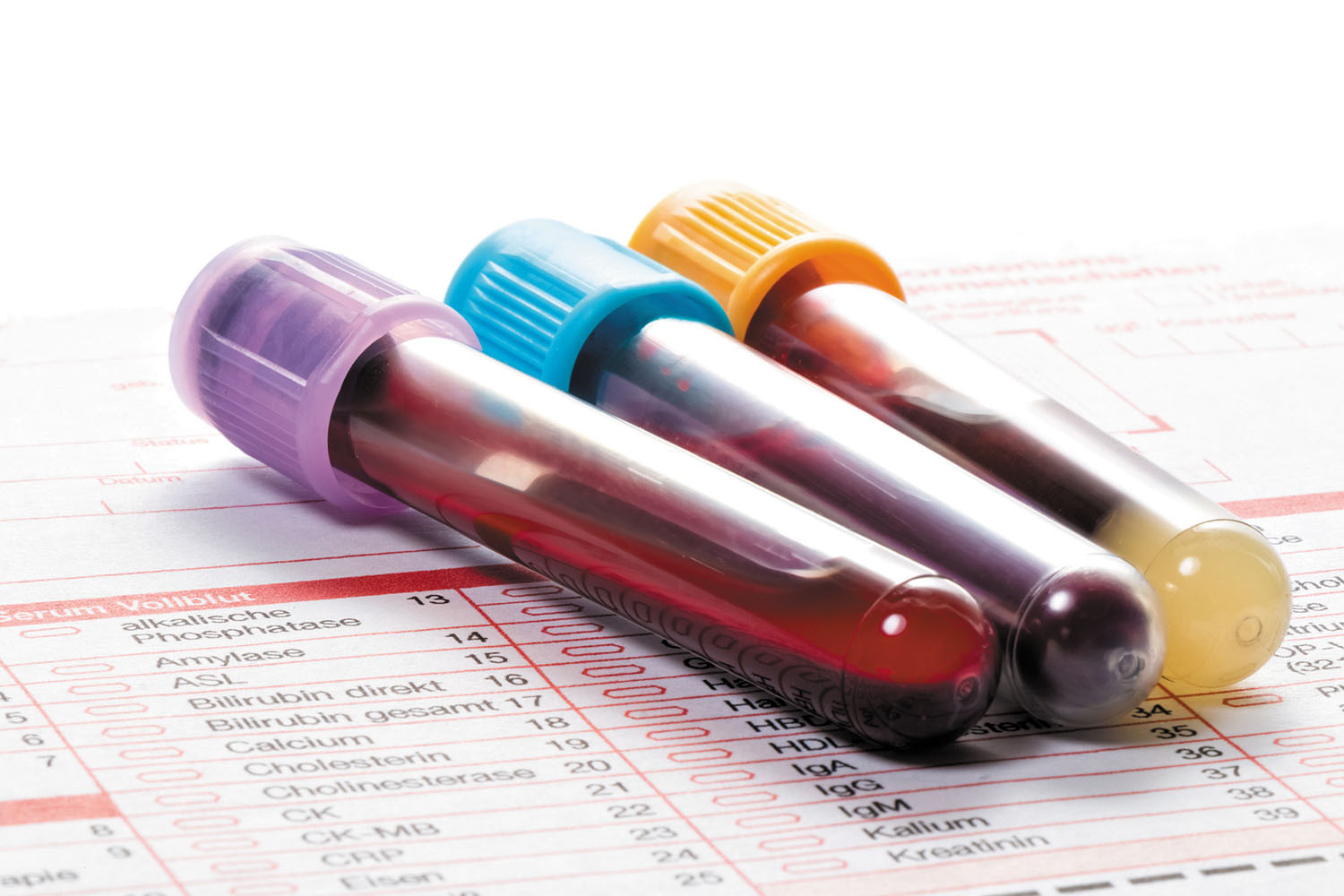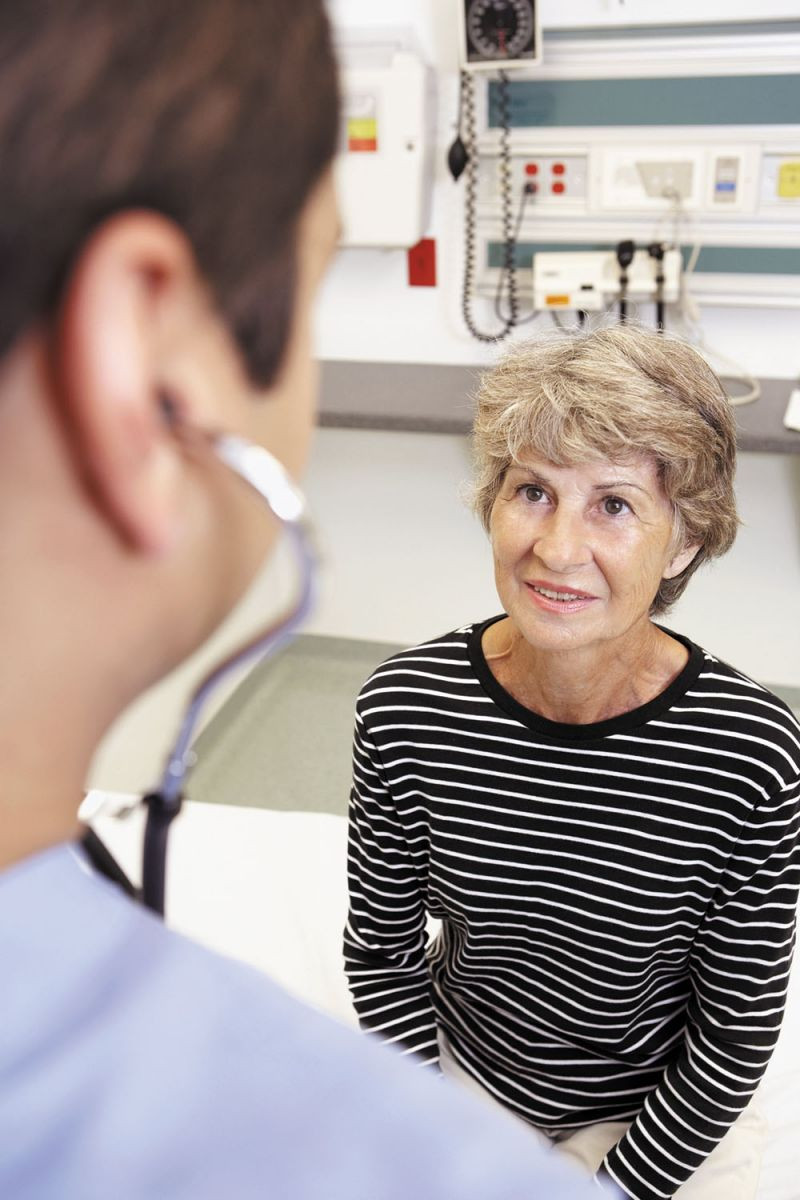
5 timeless habits for better health

What are the symptoms of prostate cancer?

Is your breakfast cereal healthy?

When pain signals an emergency: Symptoms you should never ignore

Does exercise give you energy?

Acupuncture for pain relief: How it works and what to expect

How to avoid jet lag: Tips for staying alert when you travel

Biofeedback therapy: How it works and how it can help relieve pain

Best vitamins and minerals for energy

Should you take probiotics with antibiotics?
Healthcare Archive
Articles
An insider's guide to a hospital stay
No one wants to be have to go to a hospital, but there are times when it's unavoidable. Having some advance knowledge about the hospital experience may help you feel more comfortable in the event you or someone you know has to go to the ER or be admitted.
7 reasons why you may need a medication check-up
New medications and side effects warrant an evaluation.
Image: © Paul Bradbury/Getty Images
A medication regimen isn't something you can set and forget. You and your doctor need to keep tabs on what you're taking and how it's affecting your health. "We are required to do a medication 'check-up' at every visit, regardless of the specialty, which means that every clinician who sees you is supposed to review your medications and check off a box," says geriatrician Dr. Suzanne Salamon, an assistant professor at Harvard Medical School.
Sometimes things change between visits, and adjustments need to be made. It's up to you to schedule an appointment. Here are seven reasons why that may need to happen.
Digital health tracking: Preventive care or privacy invasion?
24-hour health monitoring is high tech. But is it helpful?
Image: © chombosan/Getty Images
The day has arrived when doctors can remotely monitor your health every moment, if you (and they) choose. Increasing numbers of wireless digital sensors — some implanted in or on the body, some ingested, and some worn like clothing — are making the leap from patents to patients. In 2017, the FDA cleared dozens of devices for continuous health monitoring. "The hope is that people heading toward serious problems — such as high blood sugar or heart rhythm abnormalities — can be headed off at the pass," explains Dr. Anthony Komaroff, editor in chief of the Harvard Health Letter.
Not necessarily new
We've had portable gadgets that monitor health for decades. One early example is the kind of heart pacemaker that detects irregular heartbeats and shocks them back to a normal rhythm. Today we also have devices that sense and respond to many other health problems, such as Parkinson's disease tremors or pauses in breathing during sleep.
A new approach to cancer diagnosis
Liquid biopsies may offer a less invasive alternative than a traditional biopsy.
Image: © fotoquique/Getty Images
A tissue biopsy is the standard test for identifying cancer. Your medical team will use needles or other devices to capture pieces of actual tumor to see if it's malignant or benign. But another approach, called a liquid biopsy, is less invasive and may provide a diagnosis when a biopsy doesn't.
This test uses a person's blood to look for signs of cells or mutated DNA that a tumor has shed into the bloodstream. "By sampling DNA or circulating tumor cells in the blood, we can predict and monitor responses to cancer treatments without subjecting patients to invasive biopsy procedures — and perhaps detect cancer early, before it has had a chance to spread," says Dr. David Miyamoto, assistant professor of radiation oncology at Harvard Medical School.
Insider tips to maximize your doctor visit
Here's what Harvard physicians advise you to do at your next appointment.
You know the routine: you're waiting in the exam room, and your doctor comes in for what seems like a very quick visit before leaving to see the next person. You're left feeling that you didn't ask all of your questions or get a good understanding of your treatment plan. What happened?
"We're under incredible pressure, and we're scrutinized to be sure we're seeing enough patients," explains geriatrician Dr. Suzanne Salamon, an assistant professor at Harvard Medical School. "We don't have many minutes, and yet we have to go over each person's medical issues, medications, and even end-of-life issues. That doesn't leave a lot of time to talk."
Keep your health care directives up to date
If you decide to change something in your living will or health care power of attorney, the best thing to do is create a new one. Once the new document is signed and dated in front of appropriate witnesses — and notarized, if necessary — it supersedes your old directive.
The American Bar Association Commission on Law and Aging suggests that you re-examine your health care wishes whenever any of the following "five d's" occurs:

5 timeless habits for better health

What are the symptoms of prostate cancer?

Is your breakfast cereal healthy?

When pain signals an emergency: Symptoms you should never ignore

Does exercise give you energy?

Acupuncture for pain relief: How it works and what to expect

How to avoid jet lag: Tips for staying alert when you travel

Biofeedback therapy: How it works and how it can help relieve pain

Best vitamins and minerals for energy

Should you take probiotics with antibiotics?
Free Healthbeat Signup
Get the latest in health news delivered to your inbox!
Sign Up


